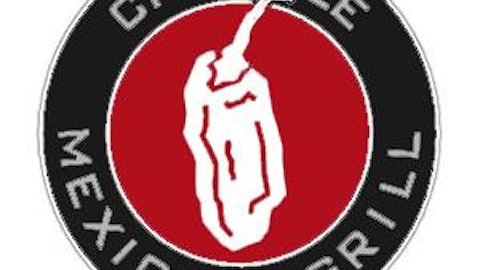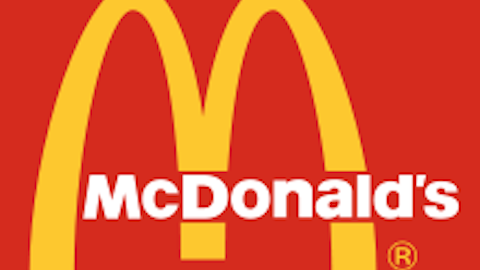Last week, Darden Restaurants, Inc. (NYSE:DRI) issued fourth-quarter earnings that failed to live up to expectations. The company is struggling to remain competitive and has resorted to reduced pricing and promotional offerings to boost traffic. Lower pricing naturally cuts into profit margins, and management does not expect the challenging environment to change anytime soon.
Reduced pricing and narrow profit margins make me concerned about a potential decline in the stock price. Let’s take a look at how these issues will affect the company over the next few quarters.
A challenging environment for restaurants
Darden Restaurants, Inc. (NYSE:DRI)’s quarterly report reveals a disturbing trend. The company reported an increase in revenue, but a decline in earnings. This scenario usually means one of two things:
1. The company is aggressively reinvesting profits for future growth, or
2. The company is struggling with lower profit margins

This past quarter, management embraced a major strategy shift. Clarence Otis, Darden Restaurants, Inc. (NYSE:DRI)’s CEO, noted that the company has aggressively reduced pricing on their core menu items, while matching promotions run by competitors. With this new strategy, Darden is striving to become more affordable for middle-class consumers.
The new promotional pricing strategy was successful in boosting traffic at the company’s core restaurants. But lower prices on core menu items, and additional promotional efforts, should keep Darden’s profits constrained.
Darden Restaurants, Inc. (NYSE:DRI)’s management team does not expect the environment to change over the next year. Their forecast is for a “slow and uneven recovery in both the overall economy and our industry.”
Wall Street analysts are also concerned with the company’s prospects. Since the company issued its disappointing report, analysts have trimmed estimates for the next two years. As you can see in the chart below (courtesy of Yahoo! Finance), Analysts expect earnings of $3.06 for the coming year and $3.34 for 2015.

Earnings expectations for this year actually represent a slight decline from the $3.13 per share that the company earned in the fiscal year ending May 31, 2013. Darden’s stock is currently trading at 16 times next year’s expected earnings. It’s hard to justify this premium multiple, given the company’s poor outlook.
What’s behind the consumer decline?
Darden Restaurants, Inc. (NYSE:DRI) fits into the casual dining restaurant group, which is typically priced to be affordable for middle-class consumers. Many investors believe that a decline in the unemployment rate has given consumers more money to spend. But middle class families still manage their budgets tightly as a large portion of the new jobs pay less.
Structurally speaking, while employment is picking up, the quality of these new jobs leave much to be desired. According to The New York Times, the majority of new jobs pay lower wages than the jobs that were lost during the financial crisis (see full article here).
Consumers are also dealing with inflated energy costs as oil prices remain high. For the average consumer, higher gas prices and utility bills cut into discretionary spending, making it much more difficult for middle class families to find room in their budgets for eating out.
Brinker International, Inc. (NYSE:EAT), which manages the Chili’s and Maggiano’s brands, has also been active in offering promotions and discounts. The company competes directly with Darden Restaurants and appears to be gaining market share.




